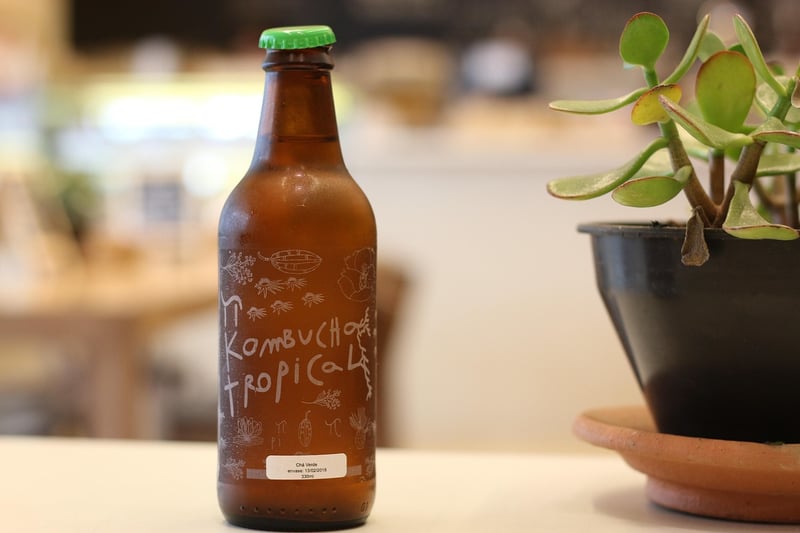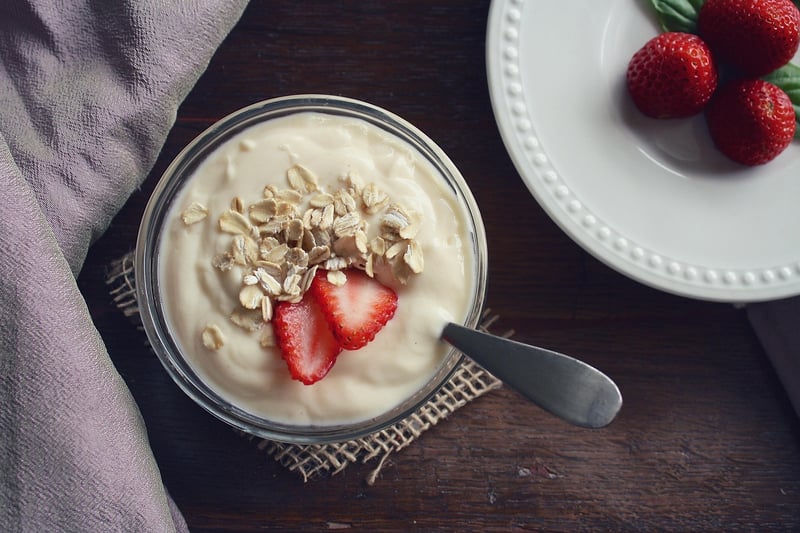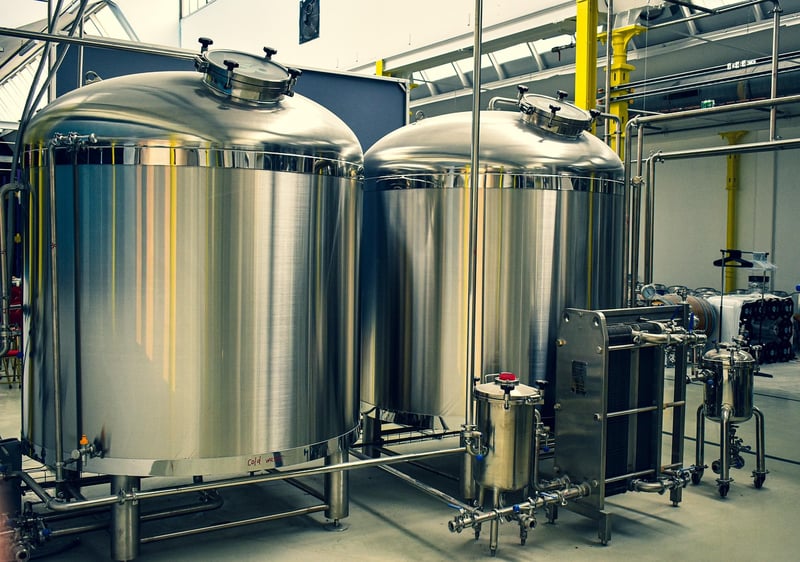Fermentation
Mastering Culinary Skills: The Art of Fermentation
Welcome to the world of fermentation, where ancient traditions meet modern culinary innovation. Fermentation is not only a method of food preservation but also a way to enhance flavors, improve nutritional value, and unleash creativity in the kitchen. Whether you are a seasoned chef or an enthusiastic home cook, mastering the art of fermentation can take your culinary skills to the next level.
The Science Behind Fermentation
At its core, fermentation is a metabolic process that converts carbohydrates like sugars and starches into alcohol or organic acids using yeast, bacteria, or a combination of both. This transformation not only preserves food but also creates complex and tangy flavors that tantalize the taste buds.
Benefits of Fermentation
- Enhanced Flavor Profiles: Fermentation can unlock new depths of flavor, from the tangy kick of sauerkraut to the umami richness of soy sauce.
- Improved Digestibility: The fermentation process can break down complex molecules, making nutrients more accessible and easier to digest.
- Probiotic Power: Many fermented foods are rich in probiotics, beneficial bacteria that support gut health and overall well-being.
- Preservation: Fermentation has been used for centuries as a natural method of food preservation, allowing seasonal produce to be enjoyed year-round.
Popular Fermented Foods
Explore the world of fermented delicacies with these popular options:
- Kimchi: A spicy Korean staple made from fermented vegetables, typically cabbage and radishes.
- Kombucha: A fizzy, tangy tea beverage fermented with a symbiotic culture of bacteria and yeast (SCOBY).
- Sourdough Bread: A beloved bread made from naturally fermented dough, resulting in a tangy flavor and airy texture.
- Yogurt: A creamy dairy product produced by bacterial fermentation of milk, known for its probiotic benefits.
Getting Started with Fermentation
Ready to dive into the world of fermentation? Here are a few tips to help you get started:
- Start Simple: Begin with basic recipes like sauerkraut or pickles to familiarize yourself with the fermentation process.
- Use Quality Ingredients: Opt for fresh, organic produce and high-quality cultures for the best results.
- Be Patient: Fermentation takes time, so allow your creations to develop their flavors slowly over days or weeks.
- Experiment and Have Fun: Don't be afraid to get creative and try new flavor combinations to make fermentation your own.
By mastering the art of fermentation, you can unlock a world of culinary possibilities and elevate your dishes to new heights. Embrace this ancient technique, experiment with different ingredients, and savor the unique flavors that fermentation has to offer. Happy fermenting!



